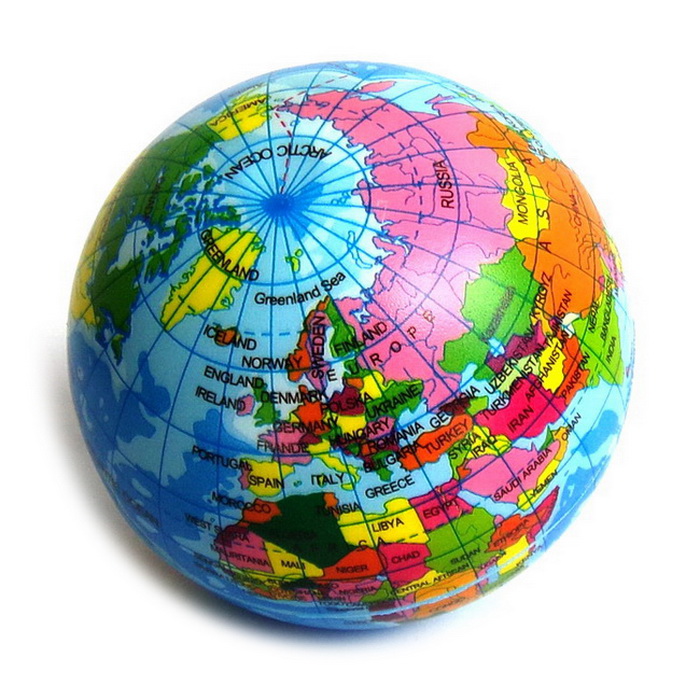2017 promises a struggle between the concept of globalisation, which has influenced the world towards open market policies and world integration, and shielding industries and restraining flow of goods, services and people. The struggle is formulating partially in Brexit and US plans for local business development through tax cuts and tariff barriers. On the other hand, Germany and China being the World’s top exporters strongly stand in favour of globalisation for expansion beyond their borders.
The MENA region and Africa promise huge plans towards diversifying their economies, privatisation and legislations that can serve its growing population by attracting investors. On the other hand, closing the widening gap of deficits through loans is further burdening future budgets with interest rates that will eventually eat-up future earnings. Trade imbalances growth runs in proportion with world innovations and productions and is expected to grow due to the expediting technologies of robotics and automation. The wild card in this process is attracting finance through foreign direct investments that remains the challenge within the sluggish world economy. Multinationals will serve as the logical structure to finance and develop most of these projects, whether through mergers, acquisitions, investment funds or FDIs, eventually they pave the road for our globalised World of tomorrow crossing all boarders.
We have to be clear that the actual process of developing a country’s economy is governed by the country’s interests rather than interests of Multinational Corporations. Accordingly formulating policies and legislations require a balance for a protective business environment and a global market reach. Setting self sustaining legislations to build a country’s knowledge hub and industries is essential, but it is eminent to gear up our financial resources & allowing special privileges for FDIs towards the fundamental priorities of human resources development through an effective education for all programme, training to develop production, SMEs and start-ups support and marketing, utilising raw resources within the country into future country brands, agricultural investments that can maintain the growing population’s requirements, health administration and finally futuristic investments in infrastructure and renewable energy.
The fundamental priorities are our preoccupation as they govern our future prospects towards a healthy population capable of bartering in a globalised market, as global free trade will ultimately prevail over protectionist policies.


